Workout Programs
Healthy Habits Kickstart
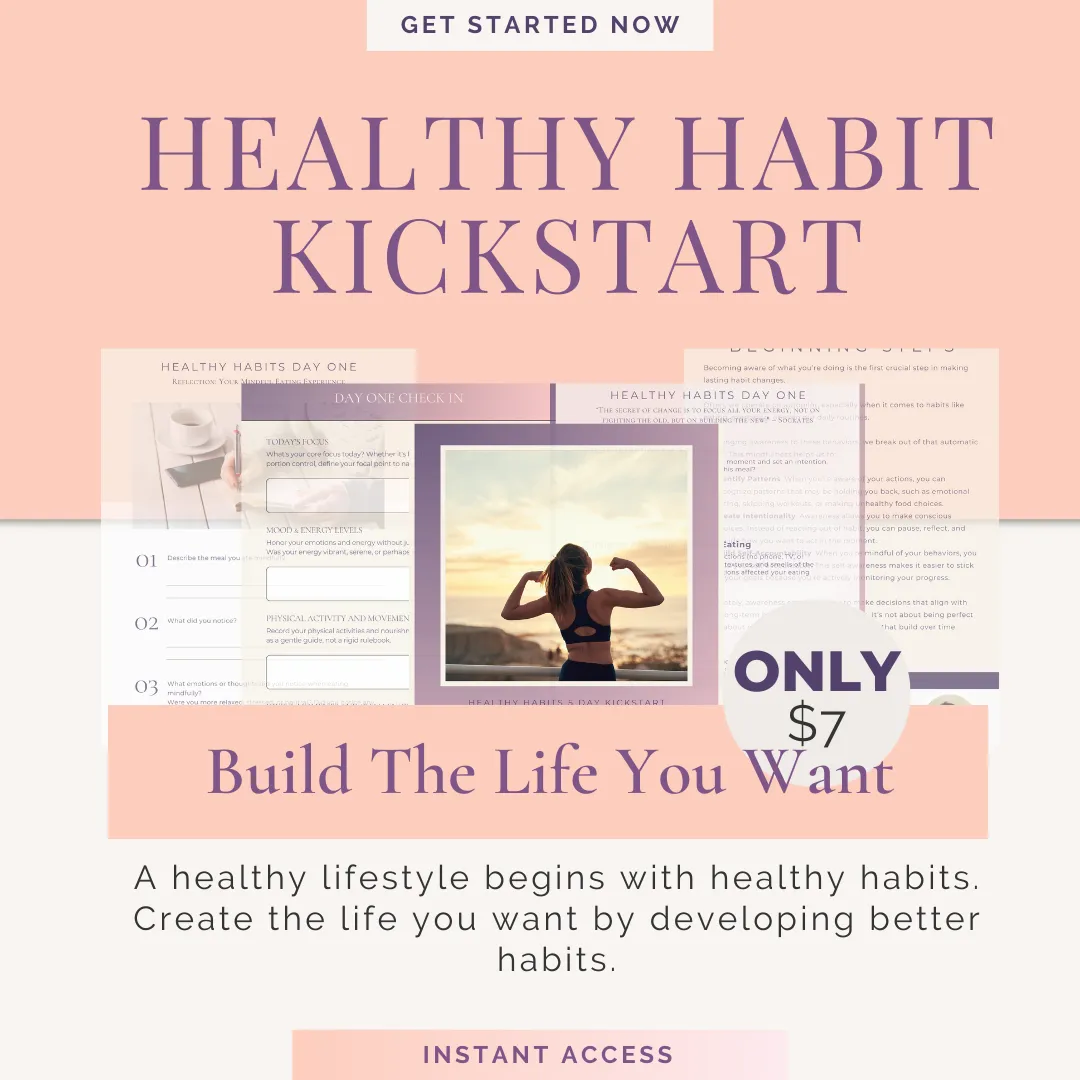
The Healthy Habits Kickstart is a 5-day program designed to help you build simple, sustainable habits that make a real difference in how you feel.
Each day, you’ll receive a quick video, daily text messages, and a workbook to guide your progress and reflections.
Together, we’ll focus on key areas like nutrition, movement, hydration, rest, stress management, and creating habits that stick.
This isn’t about perfection—it’s about taking small, consistent steps toward a healthier, happier you!
Fat Blaster Program
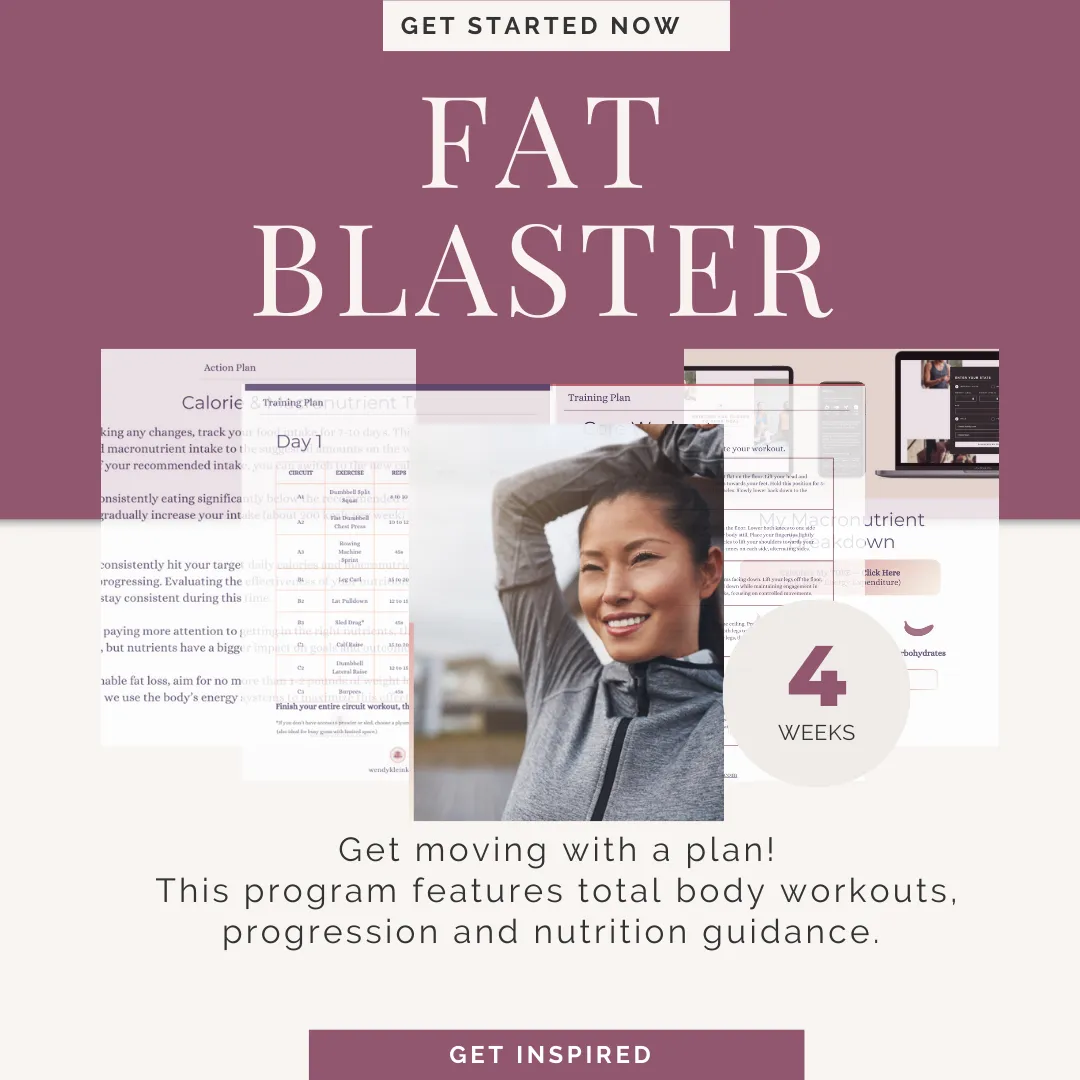
Jumpstart your fitness journey with our 4-Week Fat Blaster Weight Loss Program!
This low-cost, digital download is perfect for those looking to burn fat, tone up, and build a healthier lifestyle on their own terms.
Designed to be repeated for up to 16 weeks, this program will get you moving in the right direction and help you achieve your weight loss goals.
Total Body Band Home Workout
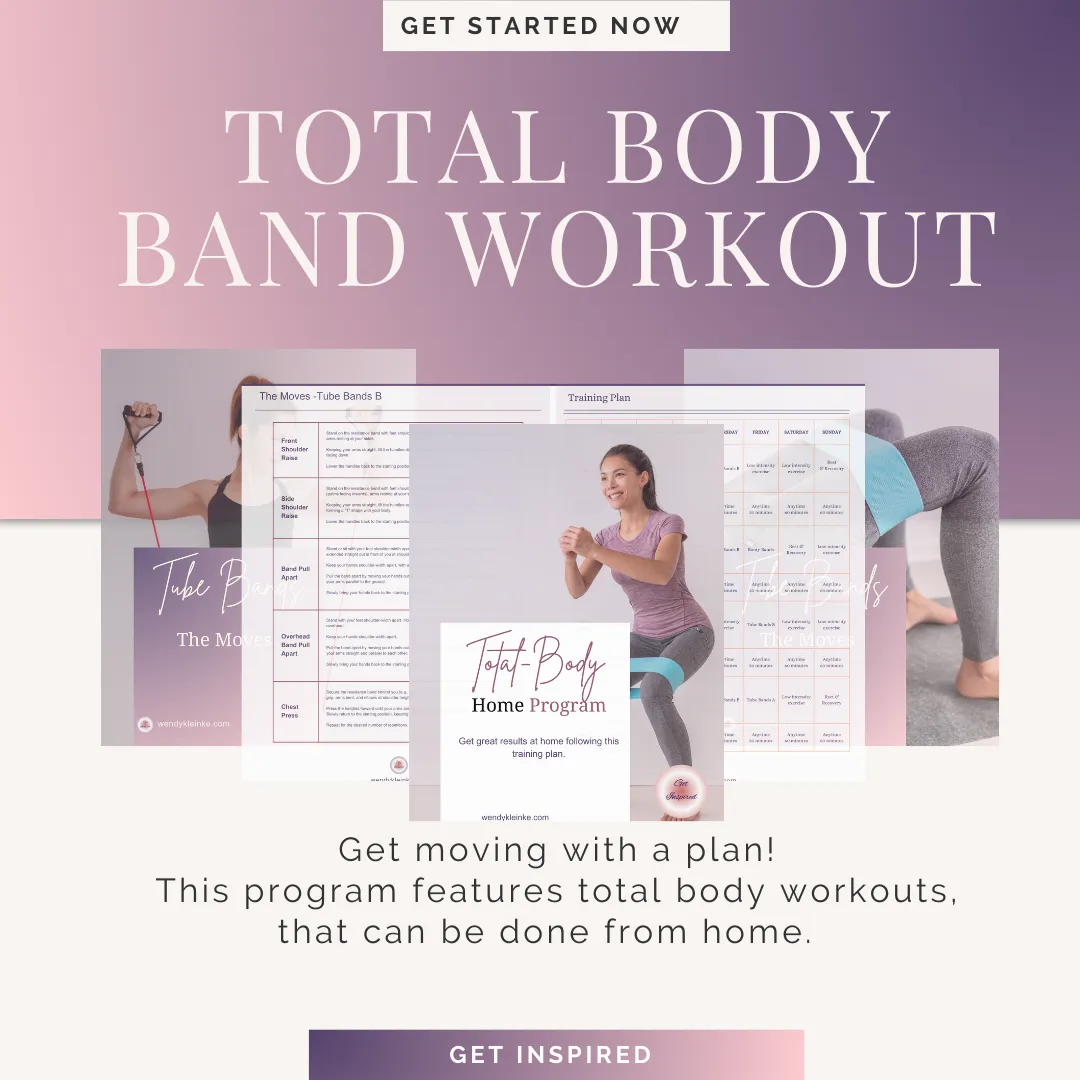
A total body band workout utilizes resistance bands for strength training at home, offering a convenient alternative to gym workouts.
This type of workout targets multiple muscle groups with exercises such as band squats, rows, chest presses, and bicep curls.
Benefits include enhanced muscle tone, improved flexibility, and increased strength.
Resistance bands are lightweight, easy to store, and portable, making them ideal for home use without the need for bulky equipment or a gym membership.
Fit For Life : Six Weeks to Success
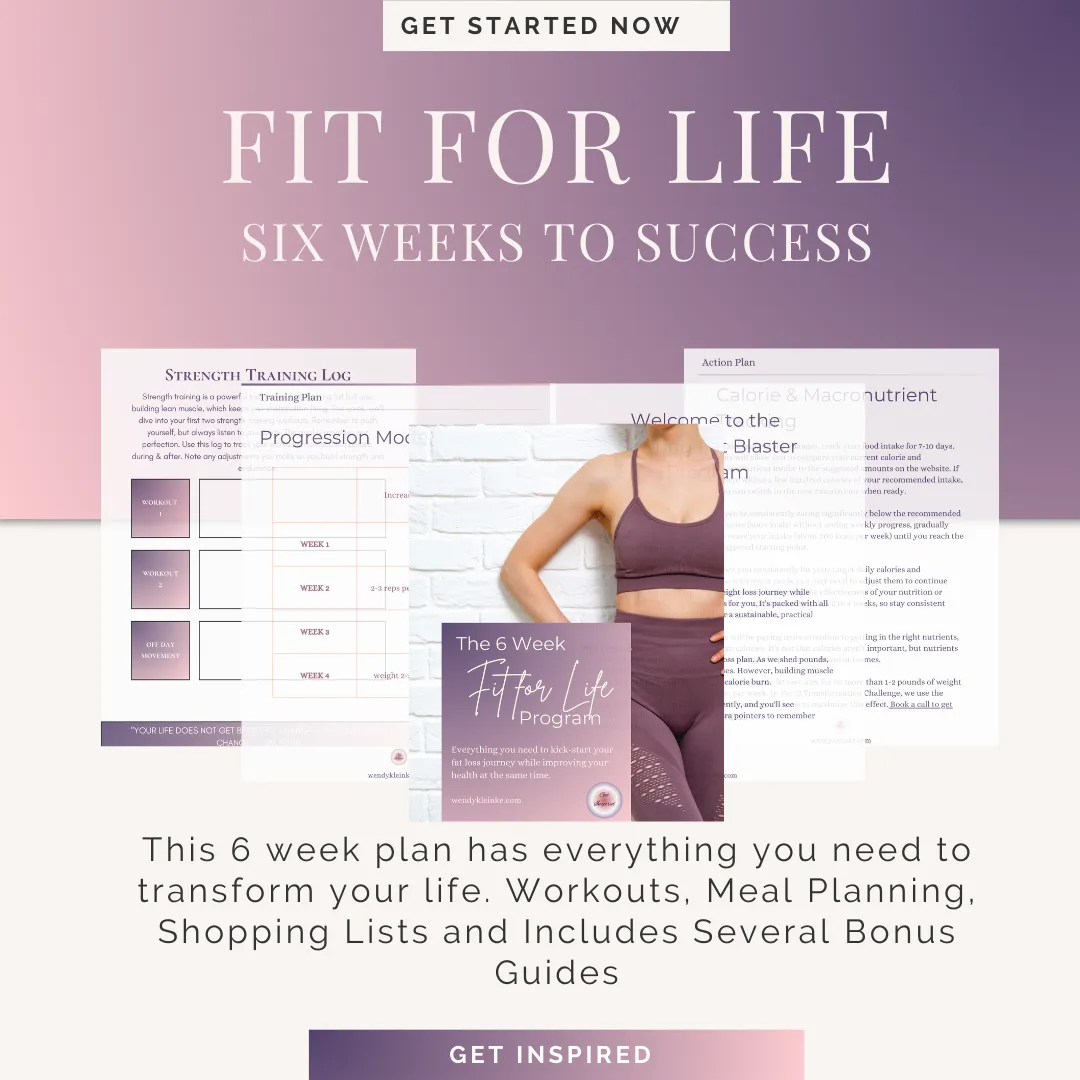
Transform your health and fitness with the
Fit for Life: 6 Weeks to Success Program
, designed to help you build strength, boost energy, and create lasting healthy habits.
This comprehensive program includes:
Personalized Exercise Plans tailored to your fitness level. Nutrition Guidance to fuel your body without deprivation. Tools & Resources to help you stay consistent and see real progress.
Whether you’re just starting your journey or looking to level up, this program is your blueprint for sustainable success. Let’s make these six weeks the start of your tran
The Hormonal Weight Loss Solution
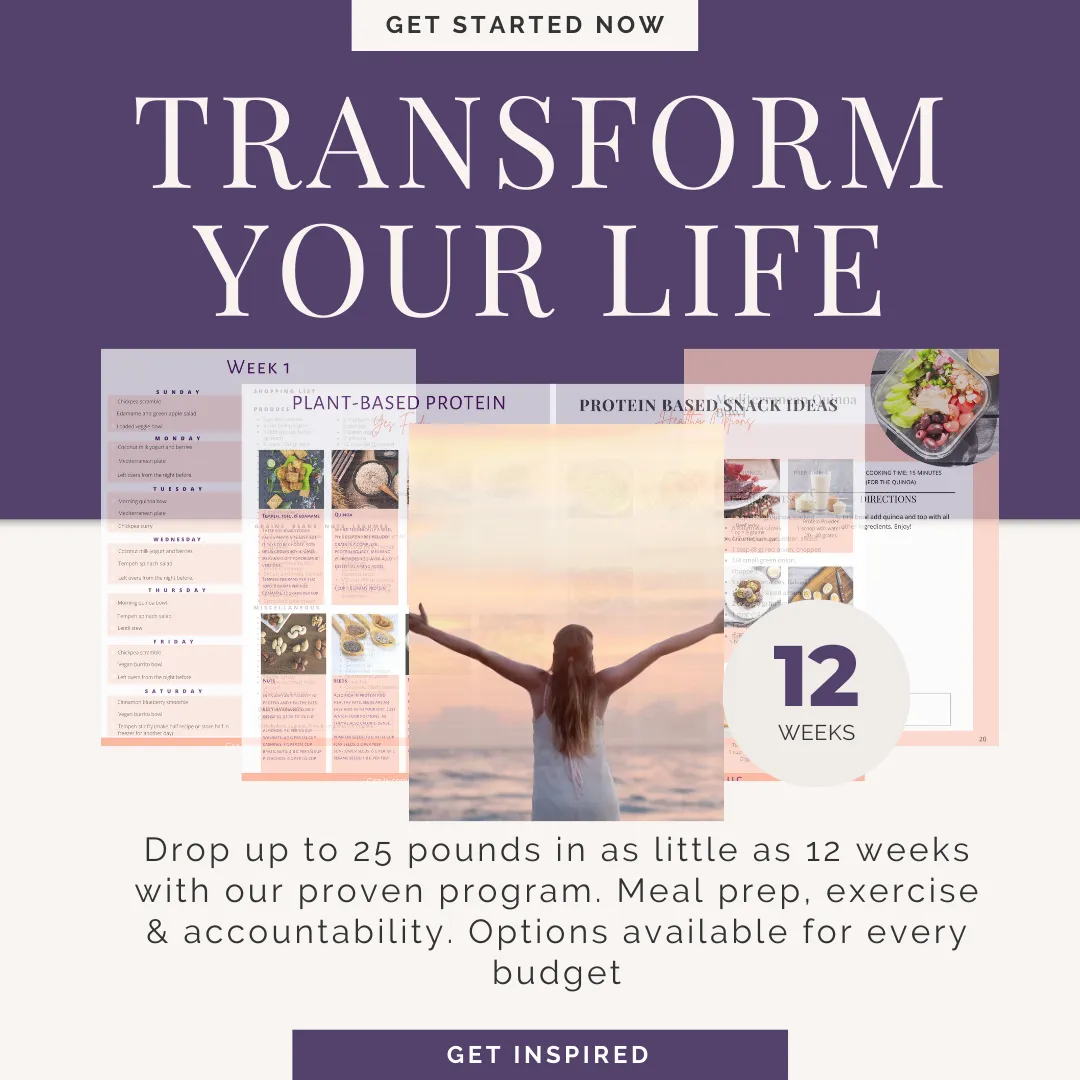
The Lifestyle Transformation Program is a 12 Week Program designed for women in their 40s and beyond.
We focus on sustainable weight loss without calorie counting, fad diets, or extreme workouts.
This is a done with you coaching program that provides accountability, live exercise, weekly meal prep, grocery lists & recipes.
The program is designed to help women achieve long-term health and fitness goals.
THIS PROGRAM IS CURRENTLY ACCEPTING NEW CLIENTS

Youtube